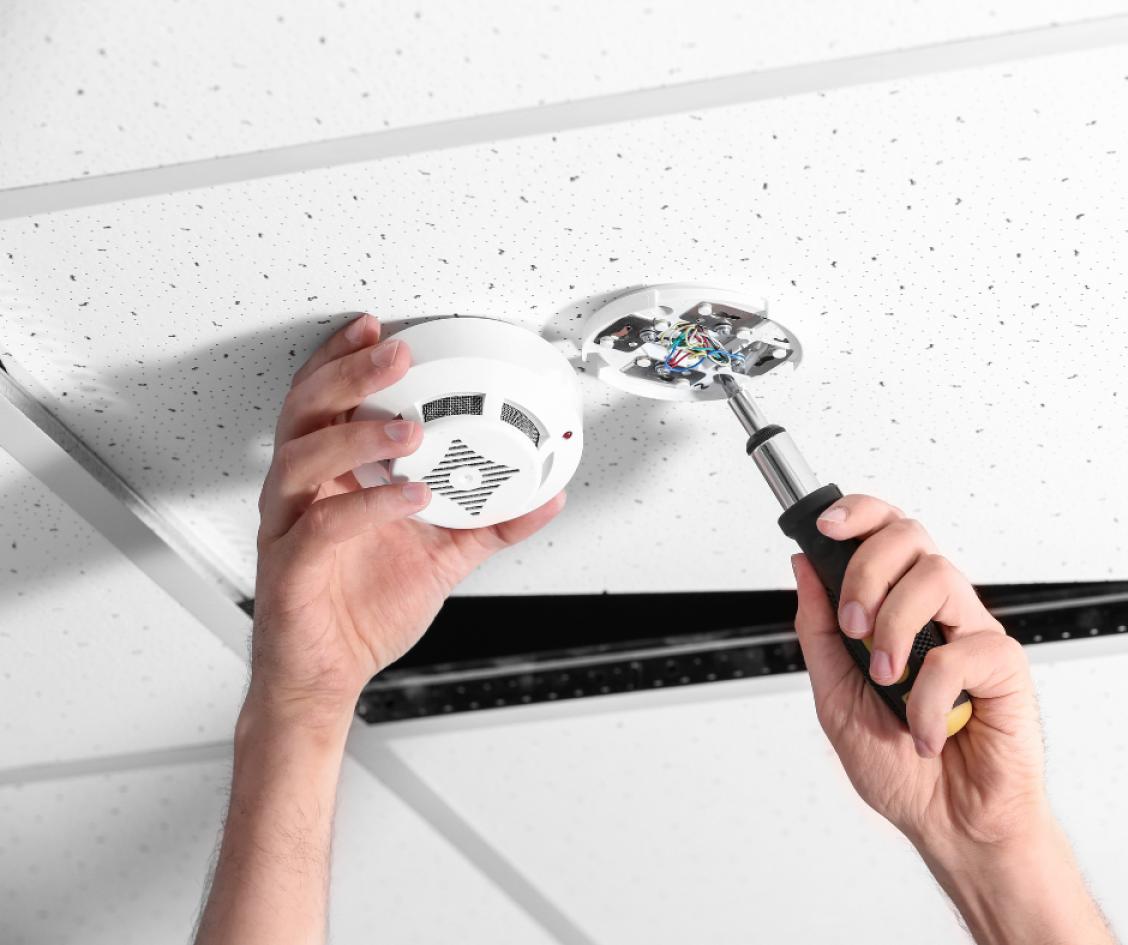The Role of Alarm Systems in Modern Home Security: Enhancing Safety and Peace of Mind
Alarm systems are steadfast protectors in the ever-changing home security scene, offering a vital extra degree of security to contemporary homes. Alarm systems are becoming more and more essential for protecting homes and families as technology develops and security concerns become more complex. In-depth discussions of the features, advantages, and changing trends influencing alarm system implementation are provided as we examine the alarm systems' complex role in contemporary home security.

Evolution of Alarm Systems
Since their crude inception, alarm systems have seen significant development. In the past, they were straightforward gadgets made to make a loud noise in reaction to intrusions or other security lapses. Alarm systems, however, are now complex networks of sensors, detectors, and communication devices thanks to technological improvements.
Entire safety
Offering complete safety for homes is one of the main functions of contemporary alarm systems. They serve as a warning to would-be trespassers that the area is guarded and under observation. A variety of sensors, including as motion sensors, door and window sensors, glass break detectors, and environmental sensors for smoke, fire, or carbon monoxide detection, are included in today's alarm systems.
The capability to monitor and manage alarm systems remotely is a major improvement in contemporary alarm systems. Homeowners may monitor live video feeds from surveillance cameras, receive real-time alerts, and arm and disable their alarm systems using smartphone apps and web interfaces. With this remote accessibility, homeowners can monitor their property even when they are away, offering unmatched convenience and peace of mind.
Integration with Smart Home Devices
The combination of alarm systems and smart home devices is a new development in the field of home security today. In order to build a seamless and linked security environment, alarm systems may now communicate with thermostats, smart locks, lighting controls, and other connected devices. For instance, smart locks can immediately secure all entrance points in response to an alarm, and smart lights can illuminate the area to ward off attackers.
Professional Monitoring Services
A lot of contemporary alarm systems come with the option of hiring qualified professionals to monitor the security system around-the-clock and handle alerts and alarms. These monitoring centers have the ability to send emergency services, like the fire department or police, to a residence in the case of a security breach or other emergency. This additional security layer guarantees a prompt and well-coordinated reaction to any security breaches.
Flexibility and Customization
Modern alarm systems offer a great deal of customization to accommodate each homeowner's particular requirements and preferences. With options ranging from individualized notification settings to programmable arming modes, homeowners may customize their security system to fit their needs and security requirements. Alarm systems are capable of accommodating a variety of preferences, regardless of whether the user prefers a completely automated system or one that requires human participation.
Enhanced False Alarm Prevention



